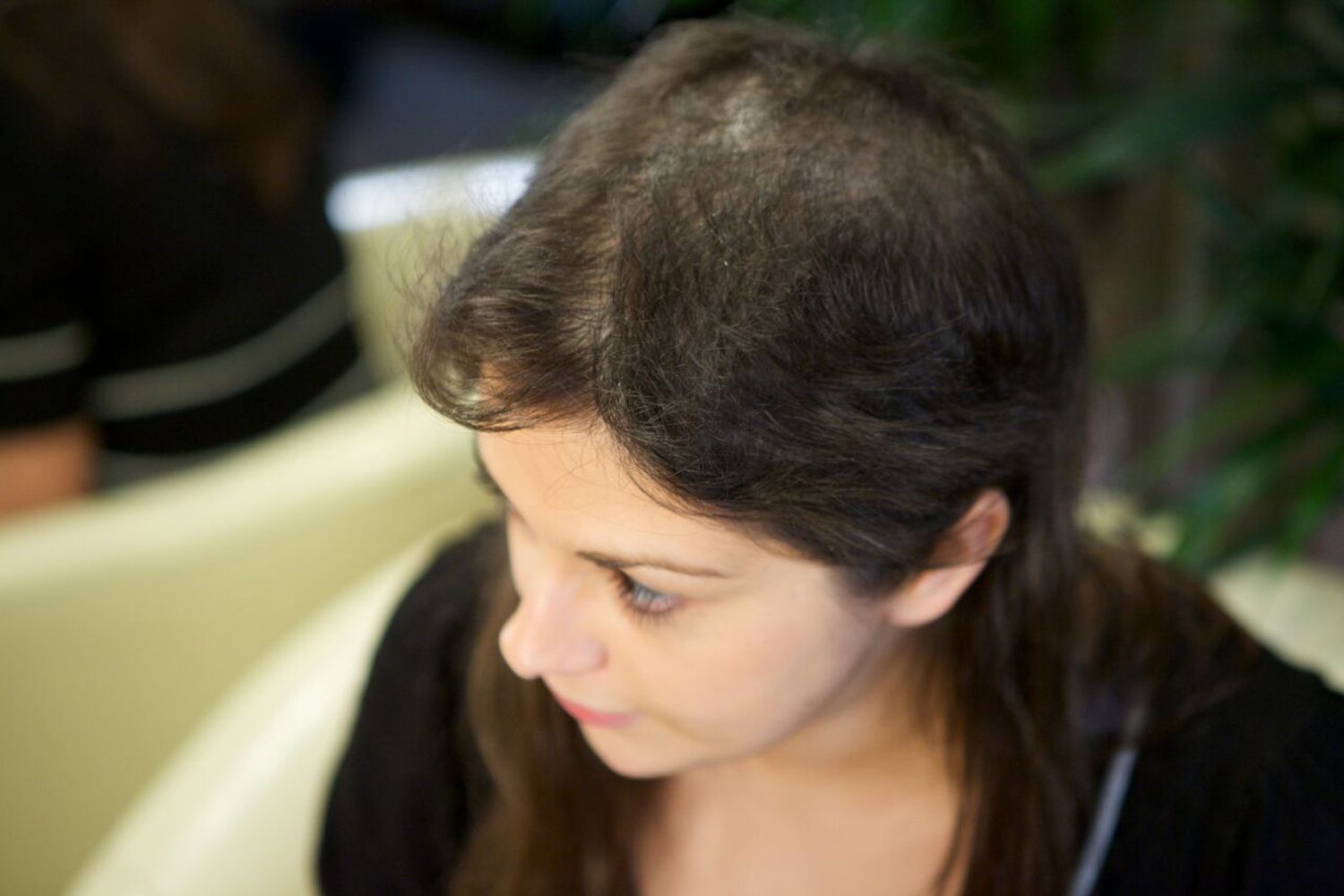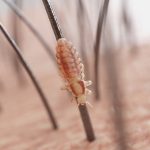
Key facts
- Trichotillomania is a condition where people feel a strong urge to pull out their hair.
- Pulling hair out can temporarily release tension, giving a feeling of relief.
- You may find that stress triggers your hair-pulling, or you may do it when you feel relaxed.
- Trichotillomania can cause thinning hair or bald spots and other physical and psychological symptoms.
- Trichotillomania can be treated with psychological therapies, specifically cognitive behavioural therapy (CBT), or other behaviour change strategies.
What is trichotillomania?
Trichotillomania is a condition where people feel the need to pull out their hair. It is a mental health disorder that usually starts in childhood or adolescence. Trichotillomania can last for several months or many years and may be worse at some times than others.
What causes trichotillomania?
The causes of trichotillomania are not well understood. It is likely that genetics and the environment both play a part.
People with trichotillomania are also likely to have other mental health conditions, such as anxiety and depression.
What are the symptoms of trichotillomania?
People with trichotillomania feel a building tension or urge to pull their hair. This may include the hair on their scalp, on their eyebrows or in their groin. Pulling hair out can temporarily bring a release in tension, giving a feeling of relief. It can soothe feelings of stress and anxiety. It may even happen without conscious thought.
A session of hair-pulling may be triggered by stress or feeling restless. However, hair-pulling may also happen when you feel relaxed, such as when you are reading or watching TV.
Hair-pulling can create obvious bald or thin spots. You may feel embarrassed about your hair loss, shame about not being able to stop and may make great efforts to hide it. You may avoid social interactions and activities, or wear a hat, wig or make-up to avoid drawing attention to bald spots.
Other physical symptoms can include:
- sore and infected skin
- permanent damage to skin and hair follicles
- hand injury from repetitive use
- a hair ball that requires surgical removal (for those who chew or eat the pulled hair)
The physical, emotional and social impacts of trichotillomania can be distressing. Many people with trichotillomania experience anxiety and depression.
How is trichotillomania diagnosed?
Your doctor may refer you to a psychiatrist (or a child to a paediatric psychiatrist) for diagnosis.
The condition fits the medical definition of trichotillomania if it meets 4 specific criteria:
- The pulling results in hair loss.
- There is evidence that the person has tried to stop.
- The condition can’t be explained better by another medical condition or disorder (such as body dysmorphic disorder).
- The pulling is causing significant distress or loss.
Diagnosis is not always straightforward. Some people may deny they are pulling their hair or try to hide it.
How is trichotillomania treated?
Behavioural therapy can be effective, especially a form of cognitive behaviour therapy (CBT) known as habit reversal training. It can also be combined with other cognitive therapies. These therapies may help you identify what prompts your hair-pulling and to work out strategies to avoid the behaviour.
There are also medicines that might be helpful, but there is little conclusive research in the area. Your doctor will be able to discuss this with you.
If you have trichotillomania, you can also try:
- responding to the urge with a different activity, such as squeezing a stress ball
- keeping your hair short
- putting tape or band aids on your fingertips
If you have a young child with trichotillomania, you can try:
- cutting their hair very short
- putting gloves or socks on their hands
- reminding them to stop when you see them pull their hair
For many young children, hair-pulling is a passing phase and they will grow out of it.
When should I see my doctor?
If you think you or your child may have trichotillomania, it’s a good idea to discuss this with your doctor. You can then get treatment to help you overcome the impact of the condition.


